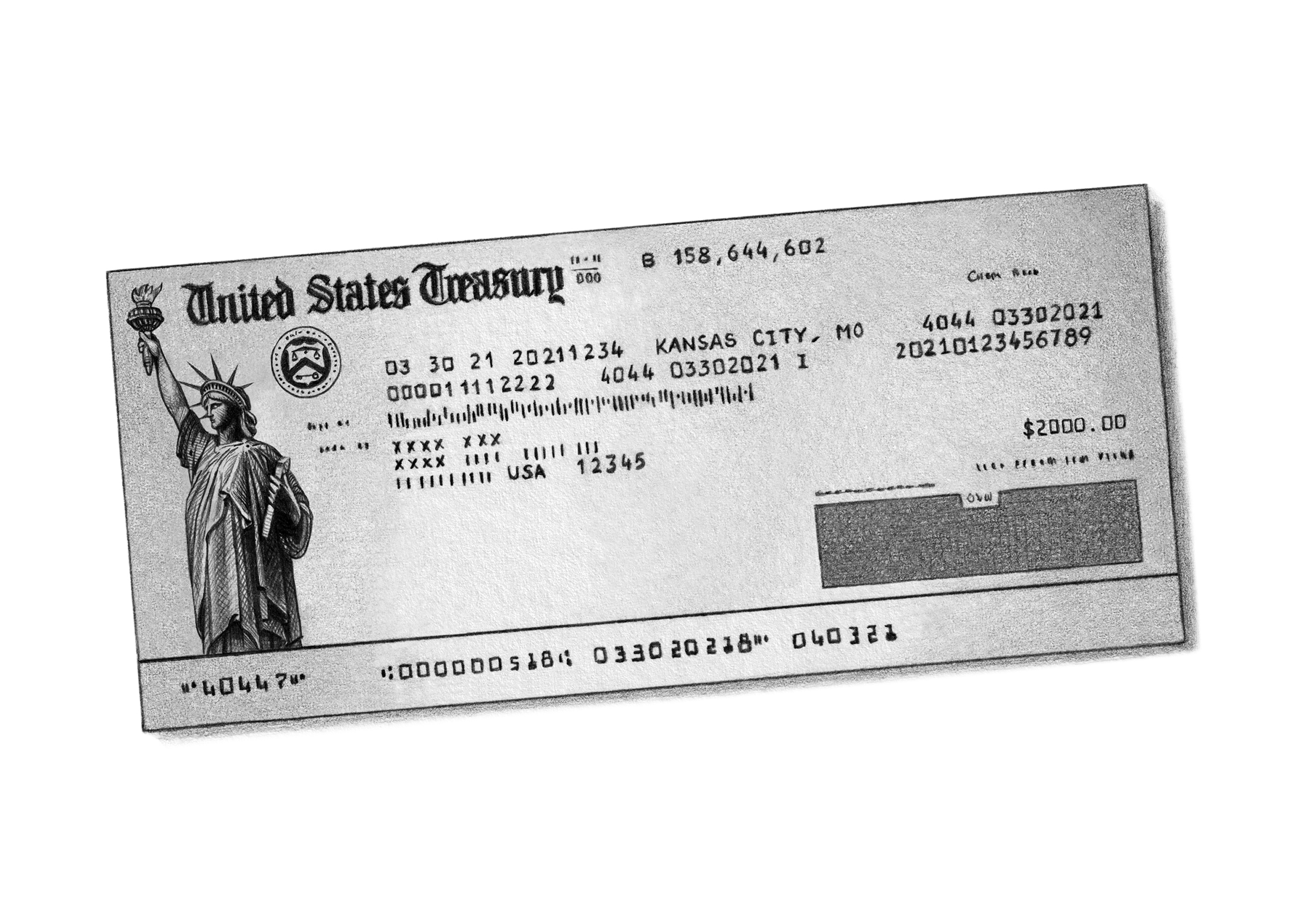Disability Claims 101: How to Get Started


If you’re suffering from an injury or illness, and working is no longer an option, you can file a disability claim. Disability benefits help protect your income and provide the healthcare you need to stay well. Understanding what qualifies as a disability is the first step toward making a claim. We’ll discuss what’s considered a disability, what the most common disability claims are, and advise you on what can increase your chances of getting benefits.
What does the government consider a disability?
For the U.S. government, the disability must:
Be related to an illness or injury diagnosed by a physician
Last for at least 12 months (or be likely to result in death)
Keep you from working at your current job
Keep you from doing other jobs
The Social Security Administration (SSA) decides who is eligible for disability — that’s where “submitting a claim” comes into the picture. When you submit a claim, you provide the SSA with the information they need to assess your medical history (and potentially) work history. They’ll use this application to determine if you qualify for benefits.
What disability benefits are available?
There are several types of disability claims, but the most common are Social Security Disability benefits (SSDI) and Supplemental Security Income (SSI). Based on your medical and financial situation, the following disability benefits might be available for you:
Supplemental Security Income (SSI): Offered by the Social Security Administration, this governmental program provides financial assistance to disabled people who have little or no assets or income because of an injury or illness.
Social Security Disability Insurance (SSDI): If you’ve paid into the Social Security Administration’s system through your taxes for a certain period of time, SSDI may provide financial assistance if you become disabled.
There are a lot of nuances that factor into eligibility for these programs.But here’s the general rule: To qualify for SSDI, you need to meet certain “work history” qualifications (you have to have worked, and paid into, Social Security for a certain number of years). SSDI does not look at your assets, or non-employment income.To qualify for SSI, on the other hand, there are no former work requirements — but there are strict limits on your income and assets.
How do I submit an application? What’s the process like?
For most people, getting disability benefits is a multi-step process. A brief overview:
Initial Application. Applications are lengthy. Filling one out usually takes an hour, and it requires you to gather all relevant records of your medical and work history. It generally takes 3-6 months to get a decision, and at this stage, only 20% of people win.
Reconsideration. If you lose, you appeal your denial. It’s critical you appeal within 60 days of receiving the letter denying your claim. Either your appeal will be accepted (you’ll be granted benefits), or denied (and you’ll have an opportunity for the judge to review the case). 90% of the time, this will result in a denial, and your case will move to a hearing.
Hearing. It’s critical you request a hearing within 60 days of the administration's second denial date (your rejection during reconsideration phase). Otherwise, you’ll need to start the application over. At the hearing, you’ll submit additional evidence, speak to the judge directly, and cross-examine government experts. (Among people who make it to this stage, about 50% win — and you’re three times more likely to win if you work with a lawyer. Scheduling a hearing can take 1-2 years.)
Further appeals. If you lose at this stage, there are several more stages of appeal.
How can I have a better chance of winning my disability case?
It’s best to apply as soon as you become disabled. Because of a five-month waiting period, SSDI benefits may not begin until your sixth full month of disability. You can either apply online, contact an SSA representative, or consult with one of the knowledgeable lawyers Atticus will pair you with. Atticus can help you determine if you have a case. If you do, Atticus will put you in touch with a vetted lawyer who will answer any questions. They’ll also help you fill out an application properly, and gather the information and documents you’ll need. We recognize how challenging this may be, and we want to help. Let Atticus be your guide so you can focus on your health and wellbeing.

Jackie Jakab
Lead Attorney
For Clients
For Lawyers
At the bottom of many websites, you'll find a small disclaimer: "We are not a law firm and are not qualified to give legal advice." If you see this, run the other way. These people can't help you: they're prohibited by law from giving meaningful advice, recommending specific lawyers, or even telling you whether you need a lawyer at all.
There’s no disclaimer here: Atticus is a law firm, and we are qualified to give legal advice. We can answer your most pressing questions, make clear recommendations, and search far and wide to find the right lawyer for you.
Two important things to note: If we give you legal advice, it will be through a lawyer on our staff communicating with you directly. (Don't make important decisions about your case based solely on this or any other website.) And if we take you on as a client, it will be through a document you sign. (No attorney-client relationship arises from using this site or calling us.)
- © 2025 Atticus Law, P.C.
Terms | Privacy | California Privacy | CHD Policy | Disclaimer | This website is lawyer advertising.